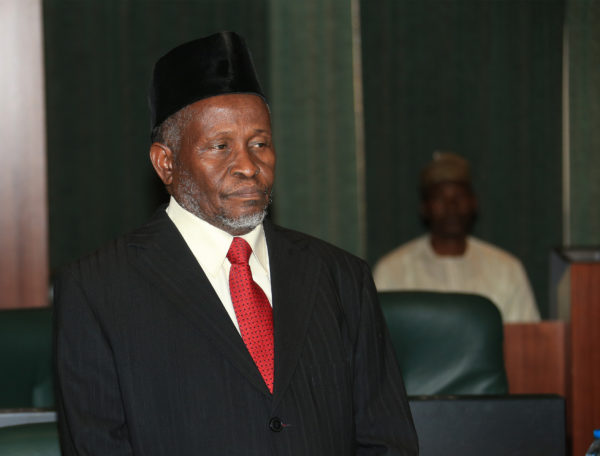Sowore, Jalingo: SERAP Writes NJC, Seeks Directives On Citizens’ Rights
Socio-Economic Rights and Accountability Project, (SERAP) has sent an open letter to Justice Ibrahim Tanko Muhammad, Chief Justice of Nigeria and Chairman, National Judicial Council (NJC), urging him to use his offices and leadership of the NJC to “urgently develop measures and issue directives to all courts to respond to the disturbing trends by state governments and federal government to use the court as a tool to suppress citizens’ human rights.”
SERAP said: “Across the country, state governors and federal government are charging citizens, mostly journalists, bloggers and activists, with serious crimes such as ‘treason’, ‘treasonable felony’ or bogus crime of ‘insulting public officials’, simply for exercising their human rights.”
In the letter dated 4 October 2019 and signed by SERAP deputy director Kolawole Oluwadare, the organization said: “These charges, refusal of bail and granting of bail on stringent conditions seem to be dangerous manipulation of judicial authority and functions by high-ranking politicians, something which the NJC and the judiciary under your watch should resist.”
SERAP also said: “In the climate of a growing clampdown on human rights of journalists and activists by several state governments and federal government, the NJC ought to push back and act as protector of individuals’ rights against abuses by the authorities. We believe that the courts, not the state government or federal government, should have the final say in matters of citizens’ human rights.”
According to the organization, “The NJC should ensure that when the authorities disobey court orders and suppress human rights, they are not allowed to come to the court and seek reliefs until they purge their contempt. Otherwise, the justice system and the Nigerian constitution become a solemn mockery.”
The letter, copied to Mr. Diego GARCÍA-SAYÁN, UN Special Rapporteur on the independence of judges and lawyers, read in part: “If the practice by state governments and federal government is allowed to continue, the courts will be relegated to desuetude, and will lead to arbitrary and unrestricted power as well as further suppression of citizens’ human rights.”




